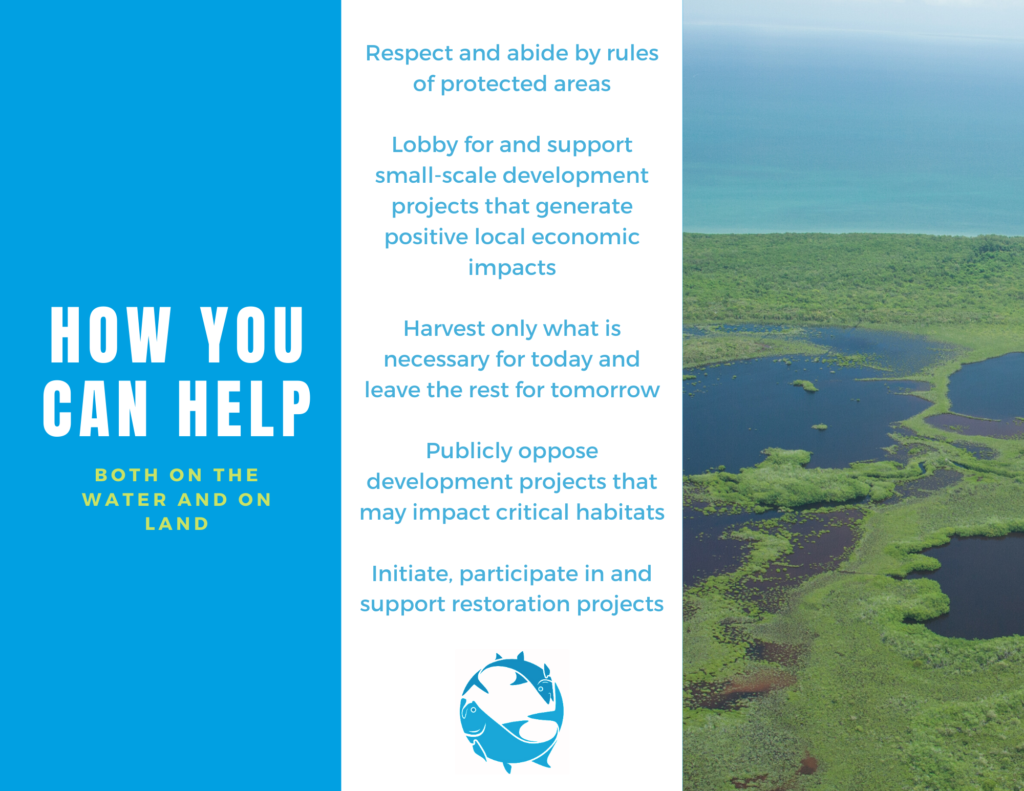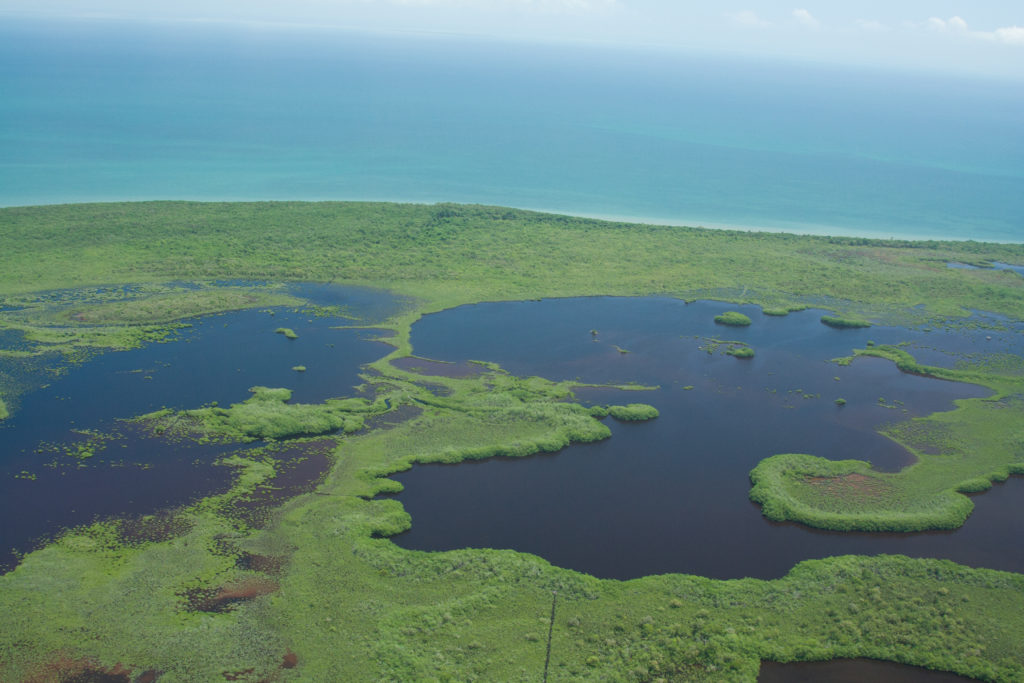Much of Belize’s tourism – most of which is ecotourism – depends on the health of its unique ecosystems. The popularity of ecotourism in the country has thus played a major role in the protection and conservation of natural habitats, both on land and at sea. Conservation efforts in Belize, such as the implementation of protected areas, have been largely fueled by the economic benefits of promoting ecotourism. The halt in tourism due to COVID-19, including a temporary ban on flats fishing, has greatly impacted the country’s economy, and, consequently, may threaten the habitats that we know and love.
What happens when this economic flow comes to a rapid stop?
The economic decline caused by the pandemic, including a lack of tourism, has resulted in a significantly reduced income for the Belizean and Mexican governments. This makes it harder to pay employees, enforce regulations and address other needs. While the government has national and international obligations to maintain protected habitats and provide sufficient enforcement of conservation efforts, the COVID-19 pandemic is making this a challenge. When addressing a global pandemic and consequent economic decline, funding environmental departments may seem frivolous. In fact, the agency that oversees protected habitats in Mexico – Comision Nacional de Areas Protegidas (CONANP) – has seen such severe budget cuts that it was nearly dismantled entirely.
Defunding environmental departments and organizations potentially opens the door to massive environmental degradation. Without regulation, the opportunity arises for people to illegally harvest fish, destroy mangroves, and damage areas that might normally be protected. It is imperative that we address this issue head-on in order to safeguard critical habitats in Belize. Though ecotourism cannot contribute to the economy while Covid-19 threatens public health, there are many things we can do to help support Belize in its governmental and organizational efforts to conserve and protect natural areas.





